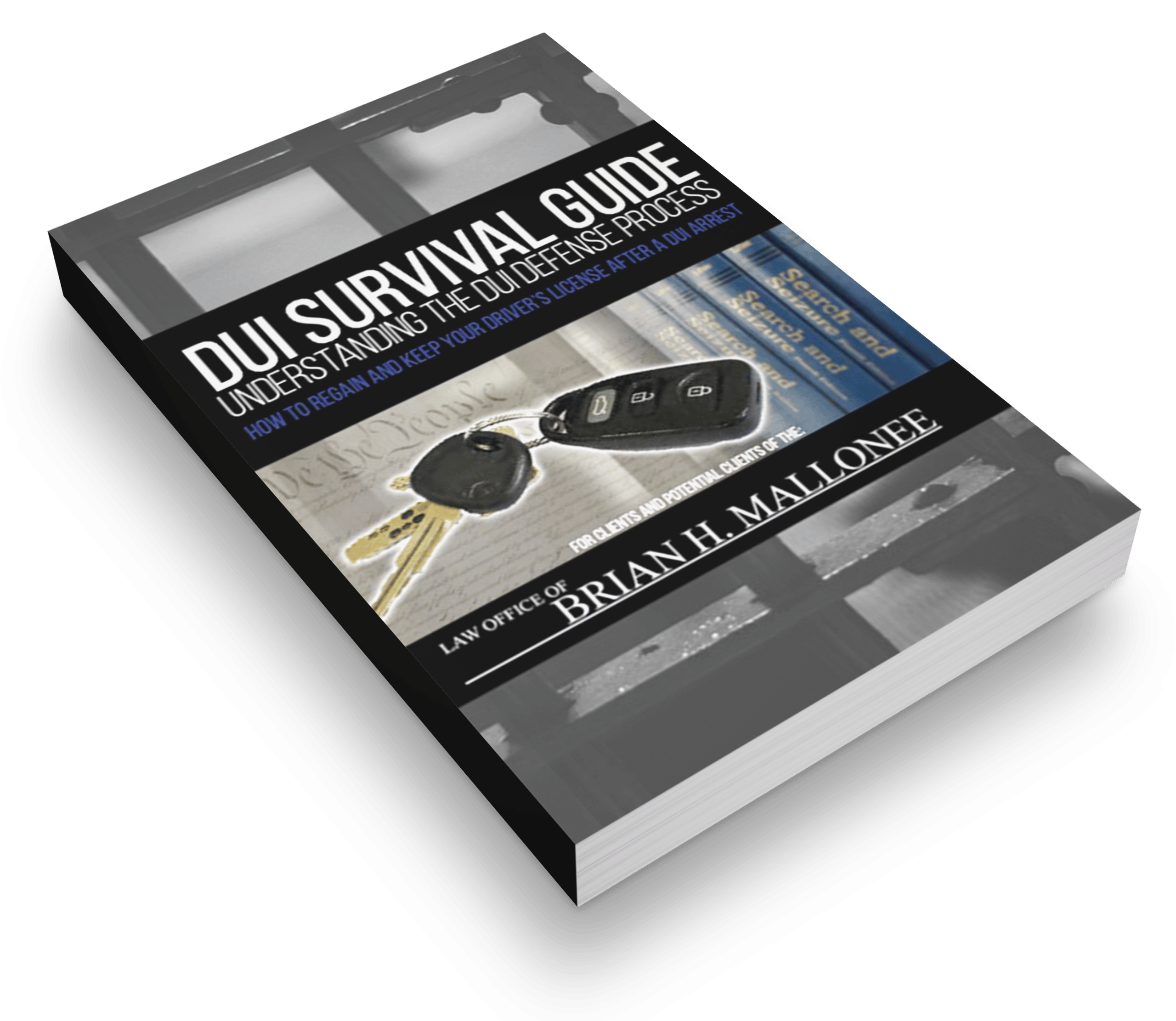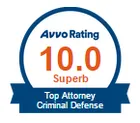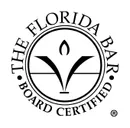Drugs & Narcotics Charges

Understanding Drugs & Narcotics Charges
State and Federal law enforcement are still waging an expensive and unwinnable war on drugs and narcotics in Saint Lucie.
Brian Mallonee is a criminal defense lawyer for clients with drugs and narcotics charges. He serves St Lucie, Indian River, Martin, and Okeechobee Counties and takes a creative, aggressive approach to every case he handles. If you need the best drug defense lawyer in St Lucie, Indian River, Martin, or Okeechobee County, you are in the right place. Brian Mallonee's goal is always to get the drugs & narcotics charges reduced or dropped, often times by challenging the search and seizure conducted by the police or federal law enforcement.
The State and Federal legislature and State and Federal prosecutors in Fort Pierce, Vero Beach, Stuart, Okeechobee, and Sebring, Florida are still insisting on punishing people who allegedly violate the following drug laws:
- Trafficking
- Sale and Delivery
- Manufacture
- Cultivation
- Conspiracy
- Possession with Intent to Sell
- Possession
- Possession of Drug Paraphernalia
- Prescription Fraud
- Doctor shopping
Let's begin with an overview of the Fourth Amendment itself:
THE FOURTH AMENDMENT: PROTECTING YOUR PRIVACY WHEN THE FOURTH AMENDMENT DOESN'T PROTECT YOU
FREQUENTLY ASKED QUESTIONS ABOUT DRUGS & NARCOTICS CHARGES
- When are the police legally allowed to search me?
- Isn't refusing to let the police search me an admission of guilt?
- If I'm not doing anything illegal, why shouldn't I let the police search me?
- What if the officer says he'll go easy on me if I cooperate?
- What if the search and seizure is not legal?
- Is there any way to fight back if I am arrested after an illegal search?
THE FOURTH AMENDMENT: PROTECTING YOUR PRIVACY
The Fourth Amendment to the U.S. Constitution reads as follows: "The right of the people to be secure in their persons, houses, papers, and effects, against unreasonable searches and seizures, shall not be violated, and no Warrants shall issue, but upon probable cause, supported by Oath or affirmation, and particularly describing the place to be searched, and the persons or things to be seized."
Search and seizure provisions of the Fourth Amendment are all about privacy. Most people instinctively understand the concept of privacy. It is the freedom to decide which details of your life will be revealed to the public and which will be revealed only to those you care to share them with. To honor this freedom, the Fourth Amendment protects against "unreasonable" searches and seizures by state or federal law enforcement authorities.
The flip side is that the Fourth Amendment does permit searches and seizures that are considered reasonable. In practice, this means that the police may override your privacy concerns in Saint Lucie and conduct a search of your home, barn, car, boat, office, personal or business documents, bank account records, trash barrel or whatever, if: the police have probable cause to believe they can find evidence that you committed a crime, and a judge issues a search warrant, or the particular circumstances justify the search without a warrant first being issued.
WHEN THE FOURTH AMENDMENT DOESN'T PROTECT YOU
As mentioned just above, the Fourth Amendment permits "reasonable" searches. But before getting to the question of whether or not a particular search is reasonable, and therefore valid under the Fourth Amendment, it must be determined whether the Fourth Amendment applies to the search in the first place. This is the type of case best handled by a criminal lawyer.
The Fourth Amendment applies to a search only if a person has a "legitimate expectation of privacy" in the place or thing searched. If not, the Fourth Amendment offers no protection because there are, by definition, no privacy issues. Courts use a two-part test (fashioned by the U.S. Supreme Court) to determine whether, at the time of the search, a defendant had a legitimate expectation of privacy in the place or things searched.
- Did the person subjectively (actually) expect some degree of privacy?
- Is the person's expectation objectively reasonable, that is, one that society is willing to recognize?
Only if both questions are answered with a "yes" will a court go on to ask the next, ultimate question:
- Was the search reasonable or unreasonable?
For example, a person who uses a public restroom expects not to be spied upon (the person has a subjective expectation of privacy) and most people -- including judges and juries -- would consider that expectation to be reasonable (there is an objective expectation of privacy as well). Therefore, the installation of a hidden video camera by the police in a public restroom will be considered a "search" and would be subject to the Fourth Amendment's requirement of reasonableness.
On the other hand, when the police find a weapon on the front seat of a car, it is not considered a search under the Fourth Amendment because (a subjective expectation of privacy is unlikely), and even if the person did think that the front seat of the car is a private place, society is not willing to extend the protections of privacy to that particular location (no objective expectation of privacy).
A good example of how this works comes from a U.S. Supreme Court in which the court held that a bus passenger had a legitimate expectation of privacy in an opaque carry-on bag positioned in a luggage rack above the passenger's head, and that the physical probing by the police of the bag's exterior for evidence of contraband constituted a search subject to Fourth Amendment limitations. (Bond v. U.S., No. 98-9349 (April 17, 2000).)
FREQUENTLY ASKED QUESTIONS
1. When are the police legally allowed to search me?
Police officers in St Lucie, Indian River, Martin, and Okeechobee Counties are legally allowed to search your home or your property if they obtain a search warrant. To obtain a warrant, police officers must write out an affidavit -- a written statement under oath -- to convince a judge that they have probable cause to believe that criminal activity is occurring at the place to be searched or that evidence of a crime may be found there.
As a general rule, searches conducted without a warrant are automatically unreasonable and hence violate the Fourth Amendment. But in fact most searches occur without warrants because police take advantage of these many legal exceptions to the Fourth Amendment:
Consent Searches. In Saint Lucie, if the police ask your permission to search your home, purse, briefcase or other property, and you freely consent, their warrantless search automatically becomes reasonable and therefore legal. Consequently, whatever an officer finds during a consent search can be used to convict the person.
Plain View Rule. This is common sense: Always keep any private items that you don't want others to see out of sight. Legally speaking, police do not need a search warrant in order to confiscate any illegal items that are in plain view.
Searches Made in Connection with a Legal Arrest. Police do not need a warrant to make a search "incident to an arrest." After a legal arrest, police can legally protect themselves by searching the person and the immediate surroundings for weapons that might be used to harm the officer. Consequently, whatever an officer finds during such a search can be used to convict the person.
Exigent Circumstances. A judge may uphold an officer's warrantless search or seizure if "exigent circumstances" exist. Exigent circumstances were described by one court as "an emergency situation requiring swift action to prevent imminent danger to life or serious damage to property, or to forestall the imminent escape of a suspect or destruction of evidence."
WARNING: If you ever face a real-life police encounter where the officer is urging you to consent to a search, you should not try to figure out whether or not he is legally allowed to search you. You must assume that he is not legally allowed to search you, and that his search will only be legal if you consent. If the officer is in fact legally allowed to search you, you have nothing to lose by politely refusing to consent to his request.
2. Isn't refusing to let the police search me an admission of guilt?
No. If a police officer asks your permission to search, you are under no obligation to consent. The only reason he's asking you is because he doesn't have enough evidence to search without your consent. If you consent to a search request you give up one of the most important constitutional rights you have -- your Fourth Amendment protection against unreasonable consent.
A majority of avoidable, improper police searches occur because citizens waive their Fourth Amendment rights by consenting to warrantless searches. As a general rule, if a person consents to a warrantless search, the search automatically becomes legal. Consequently, whatever an officer finds during such a search can be used to convict the person.
Don't expect a police officer to tell you about your right not to consent. Police officers are not required by law to inform you of your rights before asking you to consent to a search. In addition, police are prepared to use their authority to get people to consent to searches, and most people are predisposed to comply with any request an officer makes. For example, the average motorist stopped by an officer who asks them, "Would you mind if I search your vehicle, please?" will probably consent to the officer's search without realizing that they have every right to deny the officer's request.
If for any reason you don't want the officer digging through your belongings, you should refuse to consent by saying something like, "Yes, I do mind. I have private, personal items in my [car, backpack, etc.] and do not want you looking through them." If the officer still proceeds to search you and find illegal contraband, your attorney can argue that the contraband was discovered through an illegal search and hence should be thrown out of court.
You should never hesitate to assert your constitutional rights. Just say "no!"
3. If I'm not doing anything illegal, why shouldn't I let the police search me?
The sad fact is that most people believe that they are under some kind of obligation to acquiesce when an officer contacts them and asks permission to search them or their belongings.
The truth is the exact opposite -- you have a right to associate with, and speak to, whomever you please. In this respect, there is nothing special about a police officer. Assuming you would not let a complete stranger look through your purse or search your pockets, why would you allow a police officer to do so -- especially if you're doing nothing illegal? Just say "NO" to police searches!
4. What if the officer says he'll go easy on me if I cooperate?
Unfortunately, many people get fooled by some version of this commonly used police officer's line: Everything will be easier if you cooperate. That might be true sometimes, but when it comes to consenting to searches and answering incriminating questions, it couldn't be further from the truth.
5. What if the search and seizure is not legal?
In many circumstances, but not all, the evidence obtained, and the evidence later gathered as a result ("fruits of the poisonous tree") may not be admissible in court against you.
6. Is there any way to fight back if I am arrested after an illegal search?
Yes! Sometimes, after a person is charged with a crime, a good lawyer can prepare and file a motion to suppress. In general, this type of motion will attempt to show the court that the manner in which the evidence was seized was in violation of the 4th Amendment of U.S. Constitution. If your lawyer can successfully convince the judge that the evidence against you was illegally obtained, then the judge has the authority to suppress or throw out whatever evidence the State may have against you.
If you need the best drug defense lawyer who practices in Fort Pierce, Port St. Lucie, Vero Beach, Stuart, or Okeechobee, who understands what you want, who is interested in you and your situation, and who fights to get you results, contact Brian Mallonee at (772)464-1991 for a criminal defense lawyer free consultation.



























